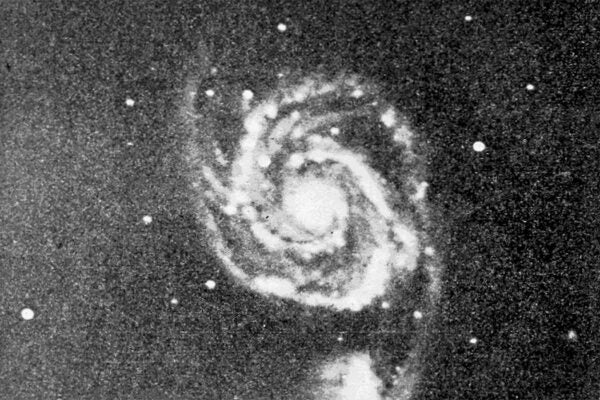Wild Rice and the Rights of Nature
A groundbreaking lawsuit asks whether wild rice, or manoomin, can hold legal rights under tribal law and the growing rights of nature movement.
Archive Adventures
The Space Race’s Forgotten Theme Park
Preserved documents and photographs trace the rise and fall of an ambitious space-themed park born of 1960s Space Race optimism.
Roundup
Celebrating Black History Month
JSTOR Daily editors pick their favorite stories for Black History Month.
The Where We Were
How America’s Industrial Elite Built Their Own Palaces
Historic photographs capture Cleveland’s Millionaires’ Row, where Gilded Age wealth met revival-style splendor.
Reading Lists
Rights of Nature: A Reading List
What would it mean for rivers, forests, and animals to have legal rights? A global movement is rethinking law’s relationship to nature.
Most Recent
Dana Elle Murphy on Black Feminist Criticism
An interview with Dana Elle Murphy, whose work explores how drafts, fragments, and literary lineages expand our understanding of Black women’s writing.
When Profit Met Protest in Colonial New York
Economic self-interest shaped how New Yorkers responded to British taxes and imperial crackdowns.









































